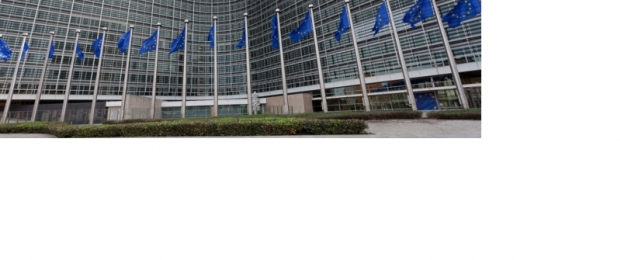
Three cheers for EU democracy
When José Manuel Durao Barroso - under intense pressure from the European Parliament - was forced to withdraw his proposed Commission in late October, many journalists were quick to portray the event as yet another EU crisis. Yet the practical costs of this 'crisis' - a three-week delay in the new Commission taking office - are small. Meanwhile, there are three good reasons to cheer the European Parliament's intervention as a step forward for democracy and accountability within the EU.
First, the European Parliament showed that it can use its evolving powers effectively to hold the Commission to account. In the past, MEPs have been far too timid when questioning commissioners designate in their confirmation hearings. As a result, both the Commission president and the member-states have complacently assumed that the Parliament will rubber-stamp their choice of commissioners. The Parliament's rejection of Italy's proposed commissioner, Rocco Buttiglione, and its concerns about the competence of four other candidates, will force EU governments to think much more carefully about whom they send to Brussels. Those commissioners who faced parliamentary criticism, including Hungary's László Kovács, will face intense scrutiny in their new jobs. Hopefully the Commission president will now reshuffle or even sack under-performing commissioners, rather than wait for the Parliament's censure.
The second positive outcome from the Buttiglione affair is the emergence of disciplined political parties within the European Parliament. The Parliament's factions have often looked like little more than flags of convenience, with the differences within the main groupings almost as large as those between them. For example, eurosceptic British Conservative MEPs sit alongside avowedly federalist German Christian Democrats within the European People's Party (EPP) - not least to gain their share of the EPP's funds.
EU governments have frequently taken advantage of weak party discipline to persuade 'their' MEPs to vote along national rather than party lines. But during the recent crisis, MEPs demonstrated that they can maintain party unity in the face of pressure from their home countries. Socialist MEPs remained united in their opposition to Buttiglione, despite heavy pressure from London and Berlin to back the original Commission line-up. The discipline of socialist and liberal MEPs enabled them to out-manoeuvre the larger EPP, which had promised to back Barroso's original team. Such political competition should help the Parliament become a more prominent participant in EU decision-making.
Finally, the battle over the new Commission created a rare sense of drama at the European Parliament. The media treat the Parliament's day-to-day business, such as scrutinising EU legislation, as worthy but dull. Ever since direct elections to the Parliament were introduced in 1979, voter turnout has fallen steadily, and it slipped below 50 per cent in the last election in June 2004. Too many voters regard the European Parliament as a weak and inconsequential institution.
But the Commission showdown made headlines everywhere in Europe. It was a political dispute that people could relate to. It touched upon a range of important issues, such as the role of religion in politics, and it involved a battle between high-profile political personalities. For once, an EU political dispute received sustained media coverage despite having little to do with the defence of national interests. EU governments must also take some blame for failing to engage voters. They often try to hide political differences behind a superficial veil of unity. In the run-up to the aborted first confirmation vote, many EU leaders called on MEPs to put aside their reservations and back the Commission for the sake of European harmony. But European voters clearly prefer an open, if at times antagonistic, debate to a weak compromise behind closed doors.
The Parliament's victory is not without some political costs. Few will worry about the political embarrassment to Silvio Berlusconi or Hans-Gert Pöttering, the EPP leader who so badly misjudged the mood of the MEPs. But the crisis has also called into question the credibility of Barroso. With the benefit of hindsight, it is clear that he rushed the appointment of the new Commission. The new president then compounded his error by greatly underestimating the strength of feeling within the European Parliament. As a former prime minister, Barroso placed too much emphasis on protecting the interests of EU leaders - especially Berlusconi - rather than sounding out the mood in the Parliament. Barroso must quickly learn the most important lesson from the Buttiglione affair: you ignore the views of the Parliament at your peril.
Alasdair Murray was director of the business and social policy unit at the CER (2000-2005).
